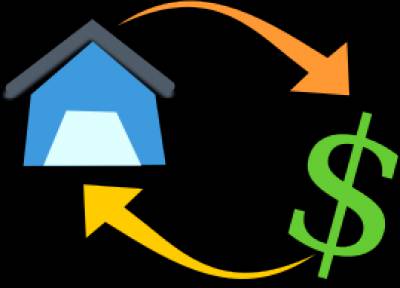-
Lot Size
-
Home Size1,550 sqft
-
Beds4 Beds
-
Baths2 Baths
-
Year Built1978
-
Days on Market5
The Ups and Downs of Reverse Mortgages
- Real Estate Tips
- equity-loans, hecm, reverse-mortgages
- April 20, 2015

If you have wondered about reverse mortgages, what they are, how they work and whether they are a good idea, then you are not alone. Many homeowners are curious about this loan product, which is technically known as a “home equity conversion mortgage,” or HECM for short.
With the reverse mortgage, the consumer is essentially borrowing against the equity that has built up in the home. You can’t borrow the entire amount because there are fees associated with the deal. The HECM is a bit more complicated, but that’s the basic idea behind it. Let’s take a look at some of the advantages and pitfalls of reverse mortgages, according to the experts at Bankrate and Investopedia.
Basic requirements:
- You must be at least 62 or older
- Loan amounts are based primarily on home equity, your age and prevailing interest rates
- You can use the funds for any purpose, including the purchase of another home
- There are no credit checks because the loan is backed by the equity you already have in your current home
Advantages:
- HECMs usually have lower interest rates than typical home equity loans
- No credit check
- No repayment until you sell the home or die
- Frees up the equity but allows you to continue to live in your primary residence
- Can be a smart way for seniors to purchase another home but retain the original one
Disadvantages:
- HECMs aren’t available unless you are 62 or older
- You must own or have significant equity in the property
- You will continue to pay insurance, tax, HOA fees and all other ongoing property costs connected with the home
- There are service fees associated with the HECM
- Your home will be sold upon your death to pay off the HECM, thus your heirs will not have a clear title to the property unless they can repay the reverse mortgage amount.
Reverse mortgages are a complicated financial product that you should discuss with your financial planning professional before committing to the transaction. That said, the HECM can be a smart way for seniors to take advantage of the equity they’ve built up in their homes. But keep in mind that traditional home equity loans can sometimes be a better way to do the same thing. Carefully consider the pros and cons of each arrangement before making a decision.






